The Afterlives of Plastics: A Panel Conversation
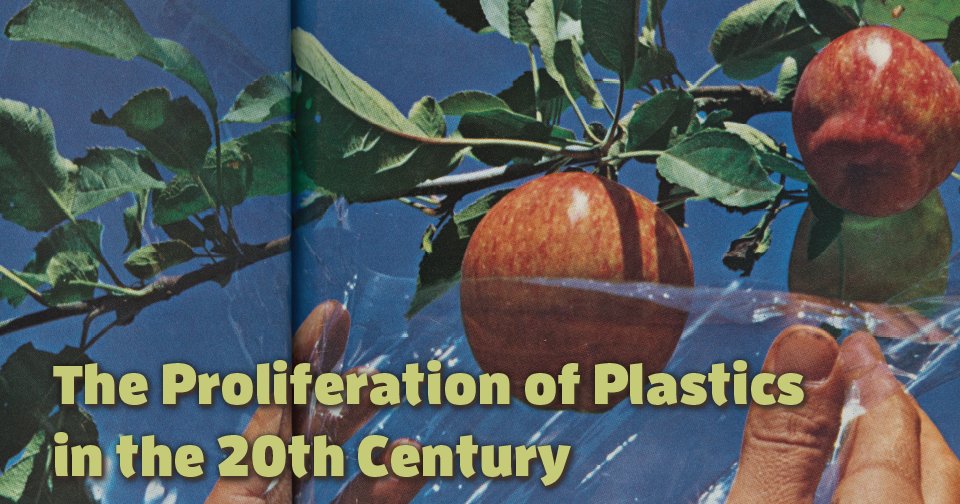
This Earth Day, April 22, 2024, join Syracuse University Libraries for “The Afterlives of Plastics,” an event bringing together a panel of plastics experts, scientists and urban policy researchers to discuss the impacts of plastics on today’s environment and communities. This event is public programming connected to the Special Collections Research Center’s (SCRC), a member of the Coalition of Museum and Art Centers, newest exhibition, “Plasticized: The Proliferation of Plastics in the 20th Century.” This event is co-organized by the SCRC and the Center for Sustainable Community Solutions and Environmental Finance Center (CSCS-EFC) and co-sponsored by the Engaged Humanities Network.
Join us immediately after the panel event for an exhibition reception with refreshments.
Panel Event: 3 pm – 4:15 pm (ET).
Location: Peter Graham Scholarly Commons (Bird Library, Room 114) and on Zoom
Exhibition reception to follow: 4:30 pm – 6 pm (Bird Library, 6th floor)
Both the panel and reception are free and open to the public. If you require American Sign Language services or other accommodations, please email Max Wagh at mlwagh@syr.edu by April 17.
About the Panel:
Co-moderated by Courtney Hicks, SCRC Lead Curator and Curator of Plastics and Historical Artifacts, and Lisa Ruggero, CSCS Assistant Director of Programs, the event panelists include Dr. Lily Baum Pollans (Hunter College), Dr. Sherri Mason (Penn State Erie, The Behrend College), Dr. Laura Markley (CSCS), and Dr. Susanne Brander (Oregon State University). The panelists will present lightning talks, sharing their insights into the effects and environmental impacts of plastic pollution, policy, and toxicology. A moderated discussion will follow with a Question and Answer.
About the Center for Sustainable Community Solutions:
The Center for Sustainable Community Solutions at Syracuse University engages with communities to translate research into sustainable practice implementation. We are practitioners working at the intersection of sustainability infrastructure, communications, policy, science, and technology to foster economic well-being, environmental stewardship, and social equity.
About the Panelists:
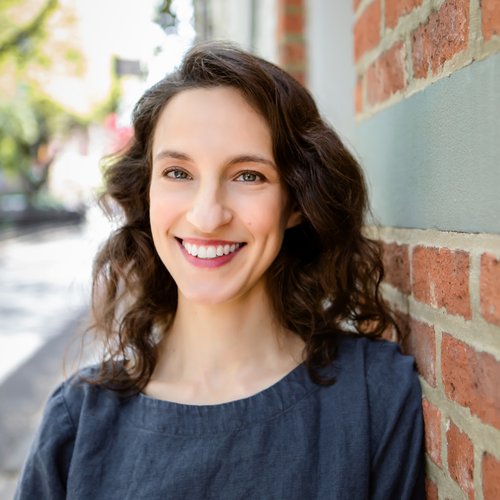
Dr. Lily Baum Pollans is an Associate Professor of Urban Policy and Planning at Hunter College in New York City. She studies garbage and uses her research to show how cities can use their control over waste management to be bolder actors on climate and environmental justice. She is the author of Resisting Garbage: The Politics of Waste Management in American Cities (University of Texas Press, 2021) and numerous articles and book chapters on municipal waste management. Prior to becoming an academic, Pollans worked as an urban planner in both municipal and institutional settings on public transportation, public space design, and brownfield redevelopment. She has a master’s and a PhD in City Planning from MIT. She lives with her family in Brooklyn.
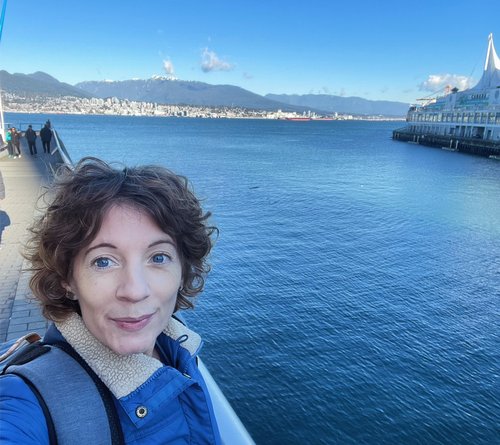
Dr. Susanne Brander received a Ph.D. in Toxicology and Pharmacology from UC Davis in 2011. She is an Associate Professor in the College of Agricultural Sciences at Oregon State University, based at the Hatfield Marine Science Center. Previous to this she was faculty at the University of North Carolina, Wilmington from 2013–2017. Brander’s research program is funded by NOAA, DOE, EPA, NSF, Oregon Sea Grant, and California state agencies. Her current focus is on the effects of stressors, such as emerging pollutants, microplastics and climate change, on aquatic organisms. Brander’s group conducts interdisciplinary research and thus she collaborates with ecologists, oceanographers, and fisheries biologists, among other fields. Brander has served on the board of directors for the Society of Environmental Toxicology and Chemistry, North America and is a member of the Green Ribbon Science Panel advisory team for the California Department of Toxic Substances Control. She also advises on microplastics at the Southern California Coastal Water Research Program and is a member of the Scientists Coalition for the UNEP Global Plastics Treaty negotiations.
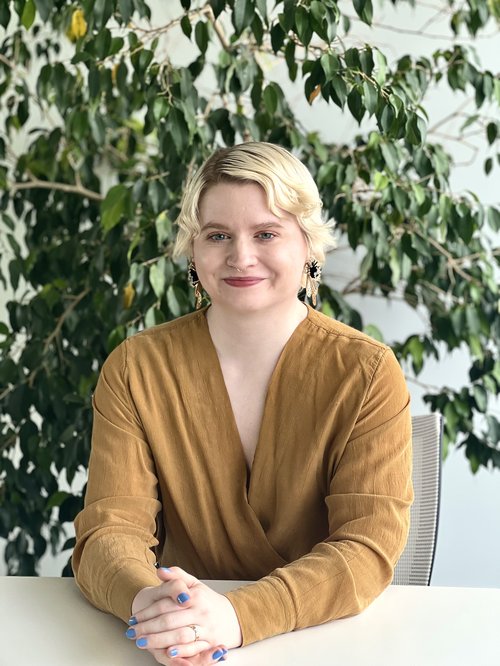
Dr. Laura Markley (She/Her) is a Postdoctoral Researcher at Syracuse University's Center for Sustainable Community Solutions specializing in plastic pollution. She led a 3-year sampling campaign to study microplastics in Onondaga and Skaneateles Lakes in central New York. She has over a decade of experience in conducting research on various environmental topics and is interested in accessible solutions to waste and plastic reduction that address these issues at the source, while providing people with the knowledge they need to make informed decisions about sustainability. She holds her PhD in Civil Engineering from Syracuse University and her B.S. and M.S. in Environmental Earth Science from Eastern Connecticut State University and Lehigh University, respectively.
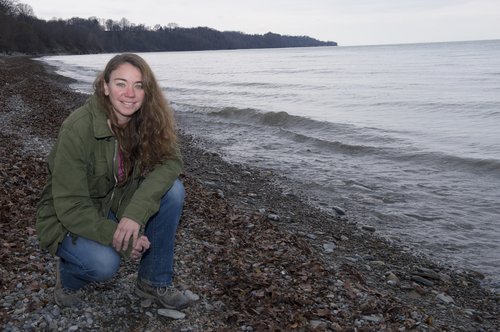
Dr. Sherri A. Mason (aka “Sam”) earned her bachelor’s degree from the University of Texas at Austin. She completed her doctorate in Chemistry at the University of Montana as a NASA Earth System Science scholar. While a Professor of Chemistry at SUNY Fredonia, her research group was among the first to study the prevalence and impact of plastic pollution within freshwater ecosystems. Sam has been featured within hundreds of mass media articles including the BBC, The Guardian, the New York Times, the Huffington Post, and National Public Radio’s All Things Considered and Studio A1. Her work formed the basis for the Microbeads-Free Water Act, which was signed into law by President Obama in December 2015. Similar legislation has been approved or is being considered at various locations internationally. Among her accolades Dr. Mason has been awarded: EPA Environmental Champion in 2016; Excellence in Environmental Research by the Earth Month Network in 2017; Heinz Award in Public Policy in 2018; and Great Lakes Leadership Award from the Great Lakes Protection Fund in 2021. She currently serves as the Director of Sustainability at Penn State Erie, The Behrend College.
About Special Collections Research Center and Syracuse University Libraries:
Syracuse University Libraries’ Special Collections Research Center collects, preserves and provides access to materials that document the history of Syracuse University and our global society, including rare printed materials, original manuscripts, photographs, artworks, audio and moving image recordings, University records and more. Collection areas include activism and social reform, radicalism in the arts, architecture and industrial design, photography, the history of recorded sound and more. Located on the 6th floor of Bird Library, the SCRC is a vibrant research and learning environment for Syracuse University students, faculty and the broader scholarly community, providing access to world-renowned rare and archival collections and expert guidance in their use to facilitate personal discovery and the creation of new knowledge.
